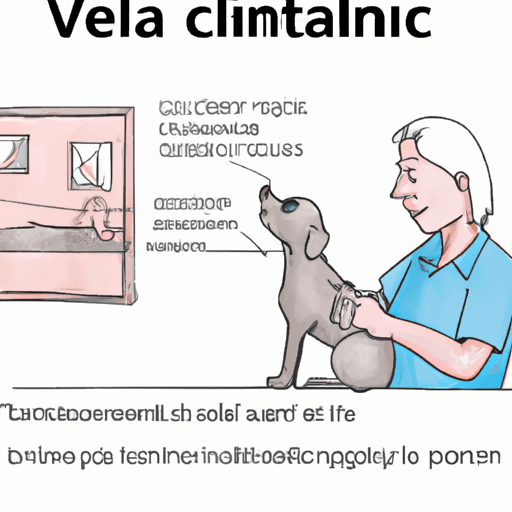“`markdown
Why Do Dogs Get Neutered?
Introduction: Understanding Dog Neutering
Dog neutering, or “fixing”, is a standard procedure performed by veterinarians globally. It is the process of surgically removing a dog’s reproductive organs. You may wonder, “Why do dogs get neutered?” This procedure can seem drastic, especially if you’re not aware of the potential benefits. Let’s delve deeper into the reasons and benefits of this common veterinary practice.
Why Neuter Your Dog: The Core Reasons
There are several reasons why you, as a caregiver, might consider neutering your pet. Here are the main ones:
- Population Control: Unwanted puppies can end up in shelters, contributing to the overpopulation of dogs. Neutering can prevent this.
- Health Benefits: Neutered dogs are less likely to develop certain health issues, such as testicular cancer and prostate problems.
- Behavioral Changes: Neutering can reduce aggressive behavior, territorial marking, and other undesirable behaviors in male dogs.
The Procedure: What Happens When Dogs Get Neutered
The neutering process involves a straightforward surgical procedure. Here’s a basic breakdown:
- Pre-surgery examination and tests
- Anesthesia administration
- Surgical removal of the testes
- Post-surgery monitoring and care
Your vet will provide detailed instructions for post-surgery care to ensure your dog’s swift recovery.
The Right Time: When to Neuter Your Dog
The best time to neuter your dog can depend on several factors, including breed, size, and overall health. Typically, vets recommend neutering dogs between six months and one year old. However, it’s crucial to have a conversation with your veterinarian to determine the best timing for your dog.
Neutering Myths and Misconceptions
There are many misconceptions about neutering, leading to confusion and hesitation. Here are a few debunked myths:
- Neutering makes dogs fat: Weight gain is typically due to overfeeding and lack of exercise, not neutering.
- Neutering changes a dog’s personality: While neutering can reduce certain behaviors, it does not change your dog’s fundamental personality.
Frequently Asked Questions
1. Does neutering cause any pain to my dog?
No, dogs are under anesthesia during surgery and pain management is provided during recovery.
2. Can neutering be reversed?
Neutering is a permanent procedure and cannot be reversed.
3. Will my dog’s energy level decrease after neutering?
Neutering does not affect a dog’s energy level. Diet and exercise are the primary factors that influence energy levels.
4. What are the risks associated with neutering?
As with any surgical procedure, there are risks, such as infection or adverse reaction to anesthesia. However, these risks are minimal and manageable.
Remember, as a caregiver, your primary goal is to ensure your dog’s overall well-being. Deciding whether to neuter your dog is a personal decision that should be made after considering all the facts and consulting with your veterinarian.
“`



